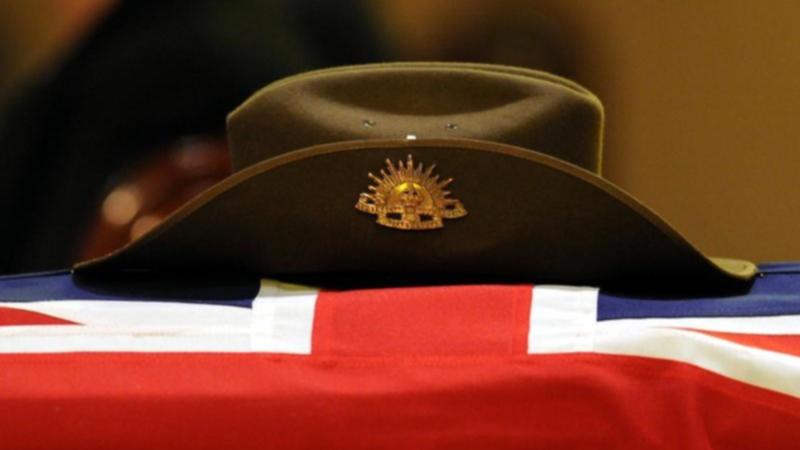Royal Commission research reveals ADF members and veterans seek emergency help every four hours
Every four hours, Australia-wide, one serving or former member of the Australian Defence Force makes suicide-related contact with emergency services.

Every four hours, Australia-wide, one serving or former member of the Australian Defence Force makes suicide-related contact with emergency services.
That is according to new research by the Queensland Centre for Medical Health Research (QCMHR), conducted for the Royal Commission into Defence and Veteran Suicide, which found that ADF veterans and serving members were 1.24 times more than civilians in the wider adult population to make suicide-related contact with emergency services.
The research found that permanent serving and former members were at greatest risk, being almost six times more likely to make such contact than reservists.
Sign up to The Nightly's newsletters.
Get the first look at the digital newspaper, curated daily stories and breaking headlines delivered to your inbox.
By continuing you agree to our Terms and Privacy Policy.Most alarmingly, perhaps, is that the Royal Commission notes that figures are a “conservative estimate” of the suicide, as it does not include repeat contact for individuals.
The report follows the Royal Commission’s final public hearings in Sydney in March, where senior ministers, military chiefs and bureaucrats were questioned over the response to the suicide crisis in the Defence and veteran population.
Royal Commission chair Nick Kaldas said the finding challenged Defence’s belief that service protects against the risk of suicide; and instead the evidence draws a “clear link” between ADF service and suicide and suicidal ideation.
“For some time, there was a reluctance to accept that issues of suicide and suicidality were impacting current serving members,” he said.
“This research demonstrates there is a clear link between service in the ADF and suicide and suicidality, which was accepted for the first time by military chiefs at our recent Sydney hearing.”
The research, which was led by Professor Ed Heffernan and Associate Professor Carla Meurk from QCMHR using linked data about Queensland veterans, found those who had suicide-related contact with emergency services were more likely to die prematurely from any cause, than other Queenslanders.
Prof Heffernan said the findings show the critical role police and paramedics play as first responders to veterans at risk of suicide, but Assoc Prof Meurk said getting help can be difficult given the “complicated mental healthcare landscape and the ways it intersects with veteran-specific support services.”
Commissioner Kaldas said the research was further evidence of “the national tragedy” veteran suicide that the inquiry is grappling with.
“Despite some 57 previous inquiries into these issues, the suicide rates have not decreased. We are determined to be the inquiry that brings about real change,” he said.
The Royal Commission is due to deliver its final report to the Governor-General by September 9 this year.
If you or someone you know needs support call Lifeline (13 11 14)
